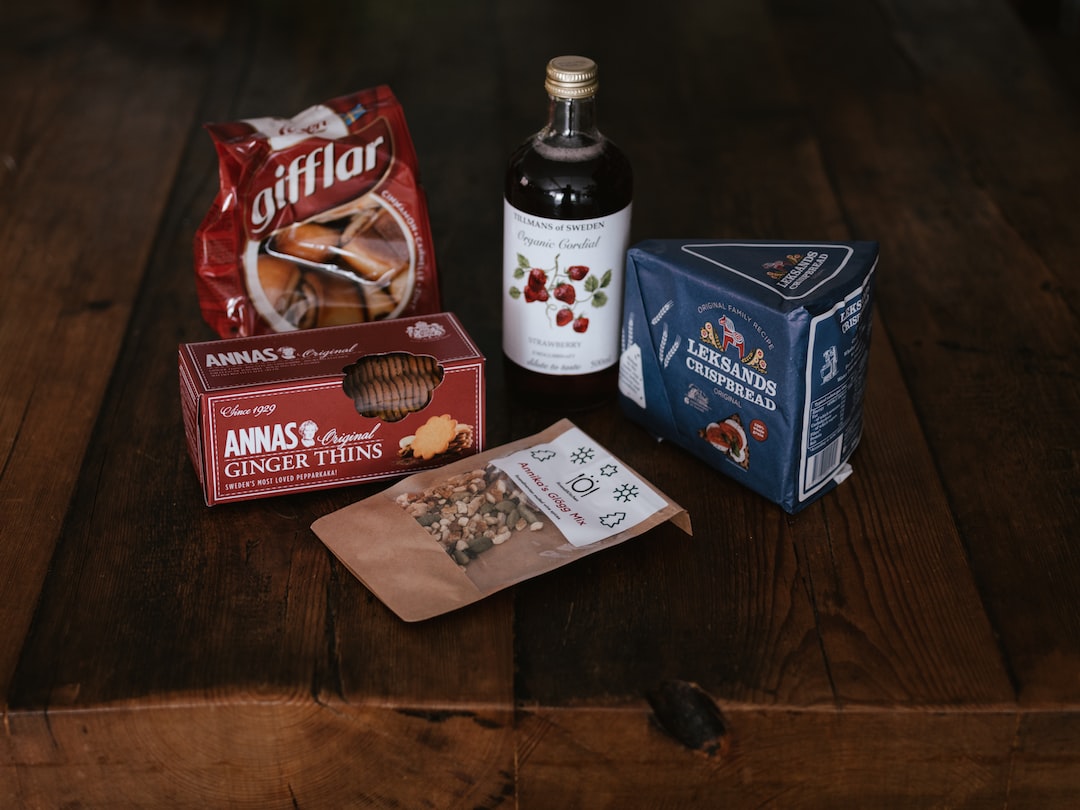Why Are Truffles So Expensive? Uncovering the Secrets Behind their High Price
black truffles taste like no other ingredient on the planet, imparting a unique and earthy flavor to any dish lucky enough to be graced by their presence. These mysterious fungi are highly prized and notoriously expensive, often fetching exorbitant prices in the culinary world. But what exactly makes truffles so costly?
One of the main factors contributing to the high price of truffles is their rarity. Truffles are not cultivated like most other crops; they grow exclusively in the wild, hidden underground, usually near the roots of certain trees such as oak, hazelnut, or chestnut. Harvesting truffles requires immense skill and knowledge, as truffle-hunting must rely on the sharp senses of trained dogs or pigs to detect their presence beneath the soil. The process of locating truffles is time-consuming and unpredictable, adding to their scarcity and therefore, their price.
Another reason for the steep cost of truffles is their short shelf life. Unlike most ingredients that can be stored for extended periods, truffles must be consumed as fresh as possible to truly appreciate their flavor. Due to this limited lifespan, truffles cannot be stockpiled or transported long distances, leading to an increase in their overall price.
The quality of taste also plays a significant role in determining truffles’ high price. Black truffles, specifically, are known for their intense aroma and earthy, musky flavors. These flavors are so rich and distinct that a small amount can completely transform a dish, making them highly sought after by chefs and food enthusiasts alike. The complexity and depth of the taste make black truffles a luxury ingredient, resulting in their premium pricing.
Furthermore, the difficulty of farming truffles contributes to their expense. Despite efforts to cultivate truffles artificially, the success rate is relatively low, and the process remains a challenging endeavor. Farmers go through years of patience and investment before being able to rely on a stable and profitable harvest. This extensive labor and the uncertainty of outcomes drive up the cost of truffles significantly.
Lastly, the exclusivity and prestige factor surrounding truffles contribute to their high price. Truffles have long held an esteemed status in haute cuisine, associated with luxury and indulgence. The rarity and mesmerizing qualities of these fungi create a demand among affluent consumers, ultimately pushing the price higher.
In conclusion, the exquisite taste, scarcity, short shelf life, and labor-intensive farming processes all contribute to the exorbitant cost of truffles, particularly black truffles. Their unique flavors and luxurious reputation have made them one of the culinary world’s most treasured ingredients. For those fortunate enough to experience the aroma and taste of black truffles, the high price becomes a worthy investment in an unparalleled gastronomic encounter.

